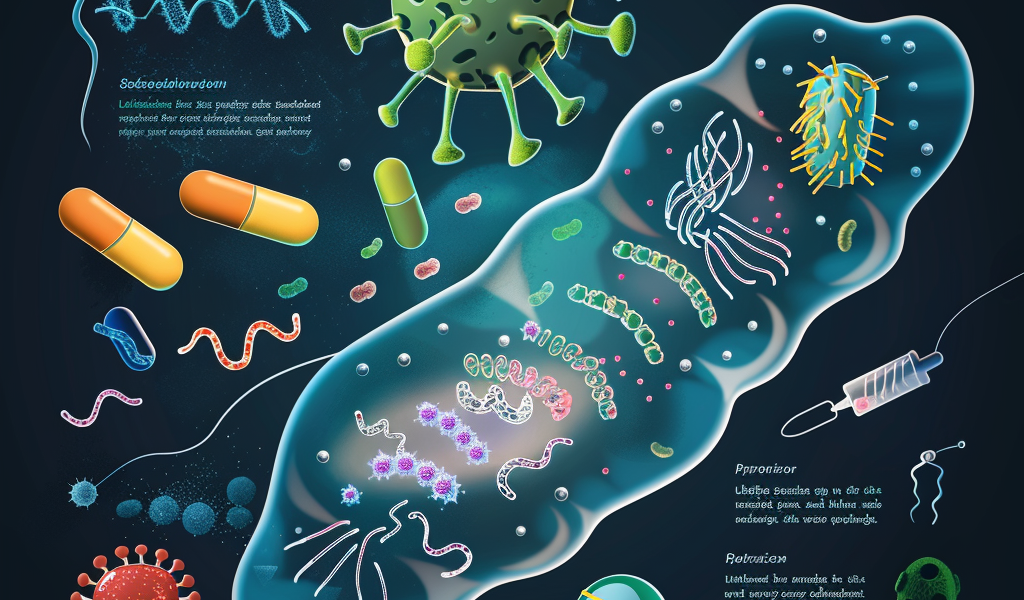New Discovery in Bacterial Protein Production Could Lead to Novel Therapeutics
In a groundbreaking study published in Nature Communications, scientists from Ludwig Maximilian University (LMU) have unveiled a previously unknown mechanism by which bacteria regulate their protein biosynthesis. This discovery could pave the way for innovative therapeutic strategies against various human pathogens.
Protein biosynthesis is a vital process for all living organisms, allowing cells to produce the proteins necessary for growth and function. However, this process is highly intricate and tightly controlled. The research team, led by biologist PD Dr. Jürgen Lassak, has identified a protein named EfpL that acts as a regulator of protein production in response to the metabolic state of the cell.
One of the significant challenges in protein biosynthesis is the incorporation of proline, an amino acid with a rigid structure that often causes stalling at ribosomes, the cellular machinery responsible for protein synthesis. To address this issue, all organisms utilize a specific factor known as EF-P, which facilitates the incorporation of proline into proteins. However, the LMU researchers have discovered that some bacteria possess an additional regulatory tool: the EfpL protein, which is closely related to EF-P.
Unlike EF-P, EfpL adjusts its activity based on the metabolic conditions within the cell, thereby fine-tuning protein synthesis to meet the cell’s immediate needs. Alina Sieber, the study’s lead author, emphasized the significance of this finding, stating, “EfpL offers us a unique opportunity to understand the flexible adaptation of bacterial protein production to environmental conditions.”
Dr. Lassak further noted the novelty of this regulatory mechanism, remarking, “This type of regulation was previously unknown, and we’ve shown for the first time that the metabolism of the cell influences the activity of EfpL.”
Interestingly, many of the bacteria that utilize EfpL are known human pathogens, including strains of Salmonella, Escherichia coli, and the pathogens responsible for cholera and the plague. The researchers speculate that the precise control of protein production by EfpL allows these bacteria to adapt effectively to changing environments, such as when they invade a human host.
This adaptability suggests that targeting EfpL could be a promising strategy for inhibiting the growth of these pathogens, potentially leading to the development of new therapeutic approaches. By disrupting the function of EfpL, it may be possible to impair the ability of harmful bacteria to produce essential proteins, thereby stunting their growth and virulence.
The implications of this research extend beyond just understanding bacterial biology; they also highlight the potential for creating novel antimicrobial therapies that could combat antibiotic-resistant infections. As the global health community grapples with the rising threat of drug-resistant bacteria, insights into the mechanisms of protein regulation in pathogens like Salmonella and E. coli could be invaluable.
In summary, the discovery of EfpL’s role in bacterial protein biosynthesis not only enhances our understanding of microbial life but also opens new avenues for medical research aimed at developing effective treatments for infectious diseases. As researchers continue to explore the complexities of bacterial metabolism and protein production, the potential for innovative therapeutic strategies remains promising.





